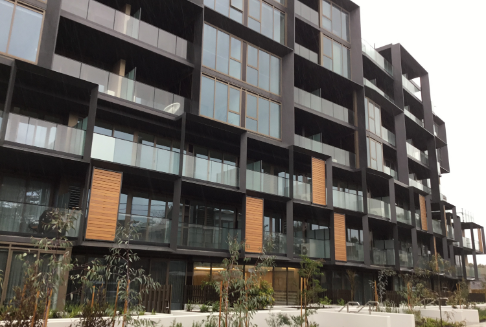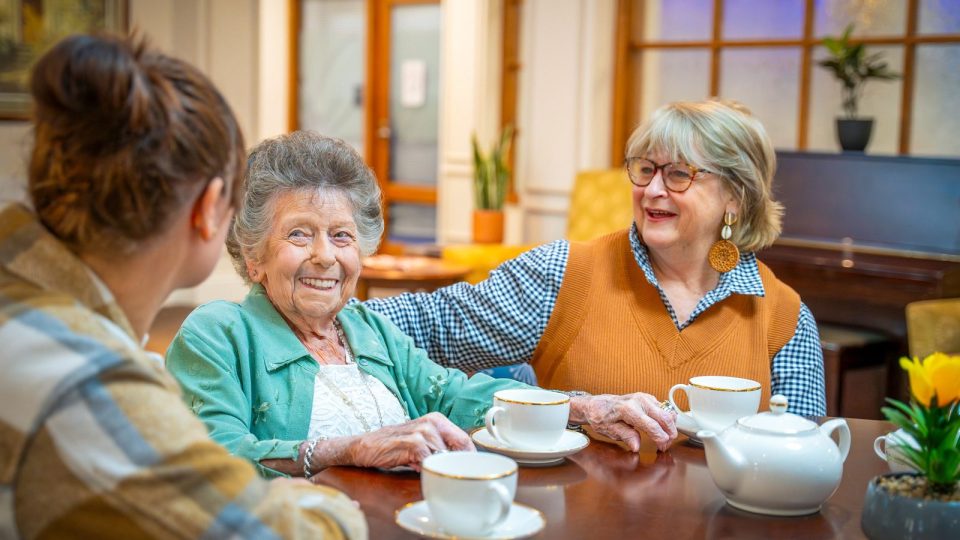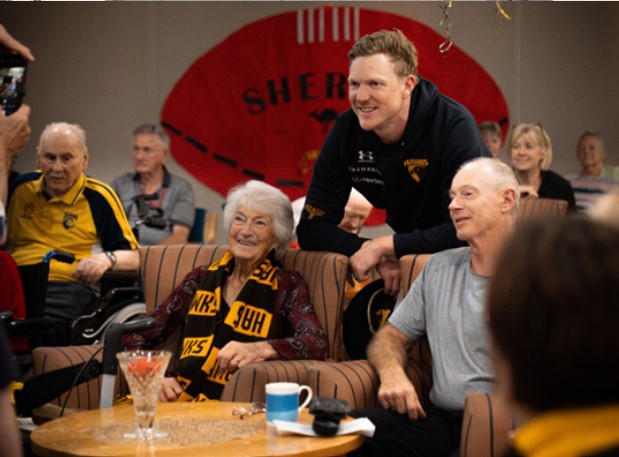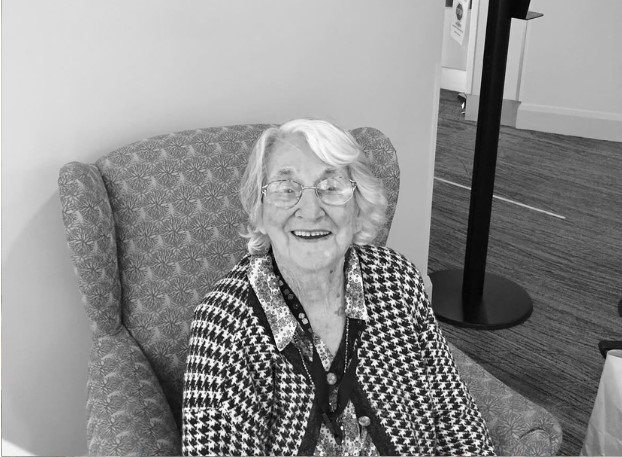Baptcare to offer affordable housing option in Melbourne’s east
- 20 Sep 2019

Baptcare Affordable Housing will soon offer an affordable housing option to single people on low incomes in Ringwood.
Eight one bedroom units, which are part of a much larger complex of 195 units, will provide a home to those who find it difficult to manage in the private rental market, helping them feel safe and supported.
Baptcare Head of Housing and Homelessness, Cliff Barclay said this acquisition realises Baptcare’s vision of providing housing that is well located and affordable to lower income individuals.
“The housing shortage in Victoria is extreme. Only 7.6% of new lettings in Melbourne are ‘affordable’ – compared to 30% a decade ago. The chronic lack of affordable rental housing is a leading cause of homelessness,” said Mr Barclay.
“Our goal with these units is to improve access to affordable integrated communities for disadvantaged people, as well as offering a space where residents can participate fully in life and live independently, with rent adjusted to tenants’ income.
“Baptcare is excited to become part of the Ringwood community, to provide much needed accommodation and help create positive memories for all who reside here.
“These units will help to transform people’s lives,” said Mr Barclay.
Residents of the units are currently being recruited and will have access to a variety of first class amenities within the development including a yoga room, gymnasium, café, cinema room, large communal kitchen, and shared entertainment spaces all of which can be booked by residents.
The units are located alongside bicycle and walking tracks and within a short distance to Eastland Shopping Centre, Ringwood Square and transport options.
Community news
-

How to talk to a loved one about moving into aged care
One of the most challenging conversations we may have with our loved one is about whether it’s time to consider moving into residential aged care. Whether it’s a parent, grandparent, or partner, the topic can stir feelings of resistance and guilt. But when approached with empathy, patience and deep respect for the individual’s wishes, this conversation can become a meaningful step toward greater safety, comfort and connection.
- 18 Feb 2026
-

Hawthorn stars bring footy fun to Abbey Gardens
There was no mistaking the colours at Abbey Gardens Residential Aged Care Community in Warragul this week – brown and gold as far as the eye could see. Residents and staff donned their finest Hawthorn Football Club gear as players and support staff arrived for a visit, chatting with residents, signing autographs and bringing plenty of footy fun.
- 18 Feb 2026
-

Dressmaker, traveller, Bulldogs fan and volunteer – Thelma turns 100!
Thelma Powell, beloved resident and former volunteer at Westhaven, turned 100 on 9th February 2026 with balloons, party hats, and cake! Surrounded by her family, care team, the local MP, and Mayor, as well as a representative from her beloved footy team, the Bulldogs, it was a day to remember.
- 13 Feb 2026
